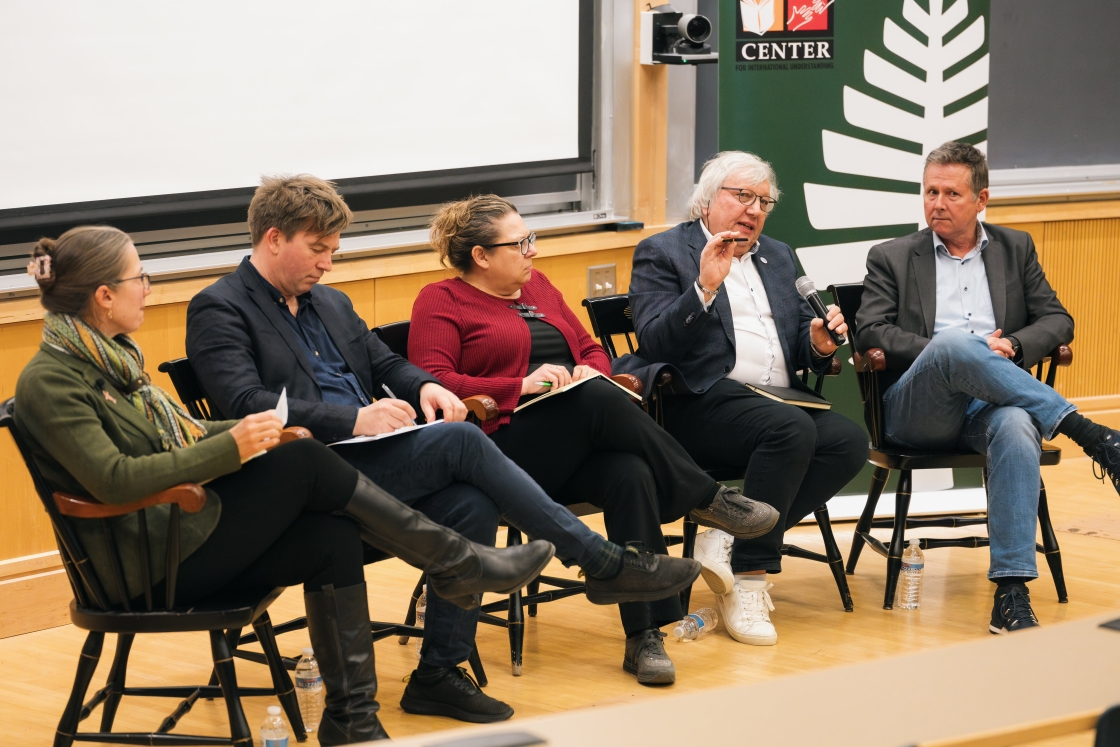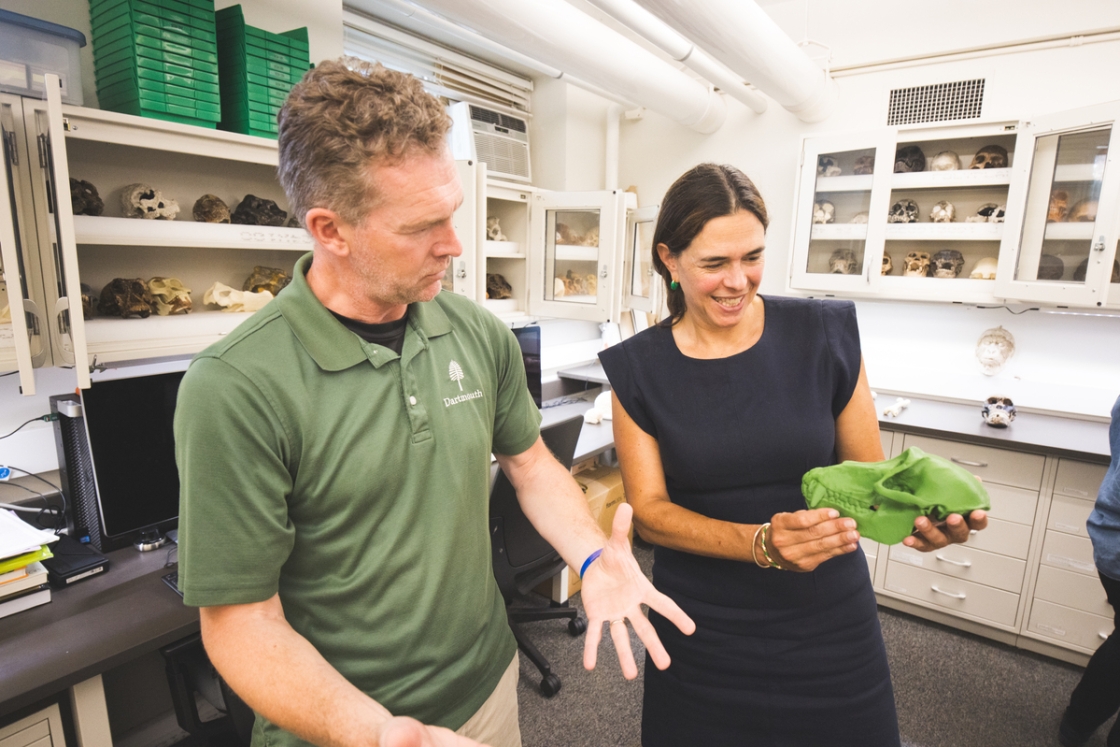One hundred years ago this month, Harry P. Karstens was one of the first men to summit Mount McKinley.
Today, Karstens’ writings are part of the decorated collection at Dartmouth’s Rauner Special Collections Library.

“Originally from the heart of Chicago,” Karstens writes in faint pencil on weathered paper, “I started my travels north-ward from Billings, Montana, [in] about June 1897. There was great excitement in the village about a big gold strike up North on the Yukon.”
From Billings, Karstens traveled to Seattle and then by boat to Alaska, where he would live until his death in 1955. In Alaska, he panned for gold, delivered mail by dogsled, and worked in the “fuel and transportation business” in Fairbanks. But Karstens is best known for his mountaineering feat of 1913.
In his Rauner file, which includes handwritten letters, notes for speeches, and photographs, Karstens appears modest about his ascent of Denali, barely mentioning the climb.
“In March we left Fairbanks for Mount McKinley. The book by Stuck tells that story,” he writes, referring to Hudson Stuck, one of his climbing partners. In another note, Karstens praises the parties that attempted to summit Denali before him but were unsuccessful. Karstens writes that those groups do not receive enough credit for their valiant efforts. “Such is life for those who accomplish things but have no influence,” he writes.
After Karstens summited the 20,328-foot peak, he became the first superintendent of Mount McKinley National Park (now Denali National Park and Preserve). He served as superintendent for eight years before moving to Fairbanks.
Rauner Library is home to rare books, manuscripts, and archives of the College. Included in its more than 100,000 volumes are works that date back to the year 2000 B.C., as well as first editions of Walt Whitman and Emily Dickinson, which are valued at about $100,000 each.
Karstens’ papers, donated by the late Dartmouth anthropology and sociology professor Robert A. McKennan ’25, are part of the Stefansson Collection on Polar Exploration, one of the world’s premier collections of Arctic and Antarctic history. Vilhjalmur Stefansson was an Arctic explorer who founded Dartmouth’s Northern and Polar Studies Program. Much of the collection features the diaries, correspondence, and expedition records of explorers such as Karstens.

